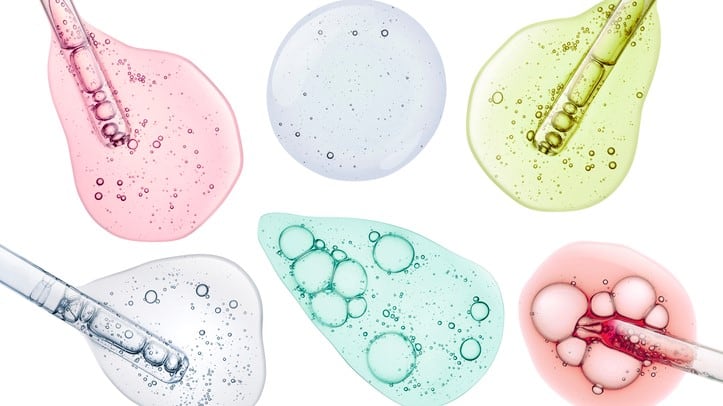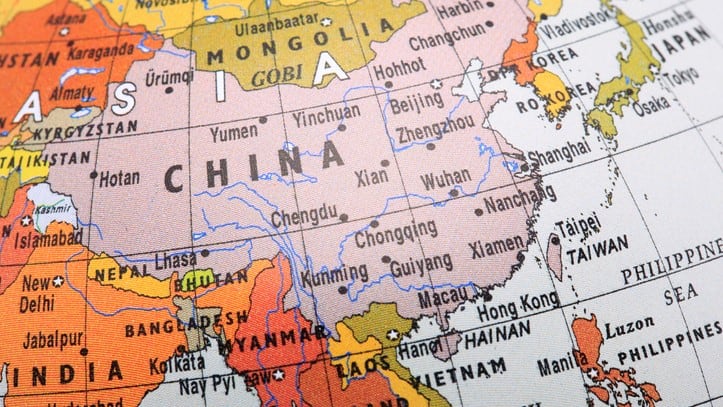The study analysed a collection of 65 personal care products from local and international manufacturers, which included moisturisers, face cleansers, sunscreens and shampoos.
Products were subsequently analysed chemically for the presence of methylchloroisothiazolinone (MCI), methylisothiazolinone (MI), and formaldehyde and found discrepancies in the information provided on the labels.
“Discrepancies were found in the preservatives and labelling of these products, with a majority of investigated Philippine products labelled inaccurately with varying concentrations of preservatives.”
Preservatives are added to cosmetic products to prevent the growth of microbes and to prevent product destabilisation and degradation.
The researchers noted that in the Philippines, preservatives are particularly important because of the hot and humid tropical climate, which cause fungi, viruses, or bacteria to thrive.
According to the study, preservatives that are commonly used in the Philippines are MCI, MI, formaldehyde, as well as parabens.
However, the researchers highlighted that there has been interest in the link between MCI, MI and formaldehyde and the prevalence of contact dermatitis.
“It is of importance to establish and confirm the use of these preservatives in an endeavour to better identify possible causes and more accurate treatment of dermatitis.”
Inaccuracies abound
For this study, 65 products were chosen based on their availability and accessibility in local grocery and drug stores.
“There is a large margin for inaccuracies found in the labels, which leaves a large question of the uncertainty of the true components found in Philippine cosmetic products. This creates a problem in identifying and confirming a diagnosis of contact dermatitis due to preservatives, or other ingredients for that matter.”
The study also noted that the varying concentrations of preservatives used was also of concern.
It found that the formaldehyde used in rinse-off liquid washes and feminine washes, as well as leave-on products like feminine wipes and moisturizers measured at more than 40 ppm.
“At this concentration, formaldehyde is sufficient to provoke allergic contact dermatitis flare in those allergic to formaldehyde,” said the researchers.
One issue the researchers noted was a lack of regulation regarding the use of preservatives.
“In the Philippines, concise and stringent regulations do not exist. Unlike European legislation, Philippine regulation does not restrict amounts of preservatives such as MCI/MI, MI, and/or formaldehyde, releasers, and parabens.
“There are a number of inaccuracies that exist between what is declared. It is also important to determine which preservatives are actually present in products available on the Philippine market, as well as the varying concentrations of preservatives that may cause not only sensitisation but an increase in the prevalence of contact dermatitis.”
The researchers suggested that the products should be reviewed and emphasised that legislation should be ‘strictly enforced’ to protect consumers.





